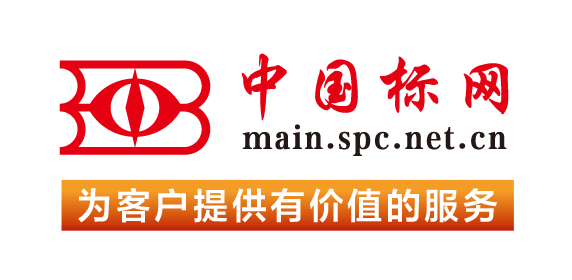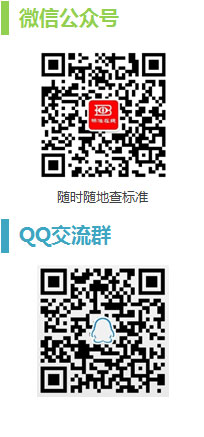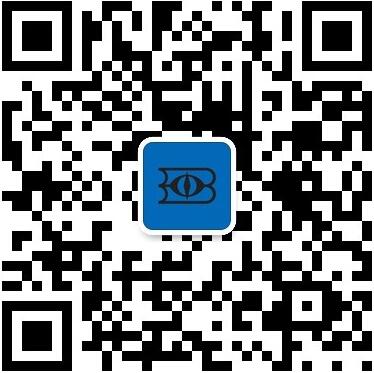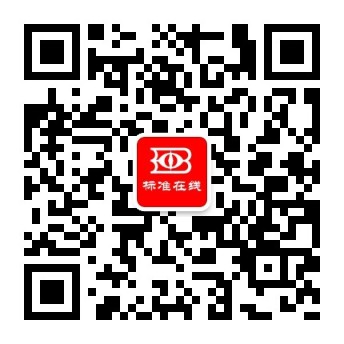AS 1085.11-1992/Amdt 1-1993
Railway permanent way material - Head-hardened rails
现行
发布日期 :
1993-07-12
实施日期 :
AS 1085.13-1998
Railway permanent way material Spring fastening spikes for sleeper plates
现行
发布日期 :
1998-01-05
实施日期 :
ASTM A583-93(1999)
Standard Specification for Cast Steel Wheels for Railway Service (Withdrawn 2004)
Withdrawn, No replacement
发布日期 :
实施日期 :
ASTM A21-94(1999)
Standard Specification for Carbon Steel Axles, Non-Heat-Treated and Heat-Treated, for Railway Use (Withdrawn 2003)
Withdrawn, No replacement
发布日期 :
实施日期 :
DIN EN 15380-1
Railway applications - Designation systematic for railway vehicles - Part 1: General
现行
发布日期 :
2001-06-01
实施日期 :
DIN EN 45545-1
Railway applications - Fire protection on railway vehicles - Part 1: General
现行
发布日期 :
2001-08-01
实施日期 :
DIN EN 15380-2
Railway applications - Designation system for railway vehicles - Part 2: Product groups
现行
发布日期 :
2001-06-01
实施日期 :
DIN EN 15329
Railway applications - Braking - Brake block holder and brake shoe key for railway vehicles
现行
发布日期 :
2001-09-01
实施日期 :
 我的标准
我的标准 购物车
购物车 400-168-0010
400-168-0010











 对不起,暂未有相关搜索结果!
对不起,暂未有相关搜索结果!













